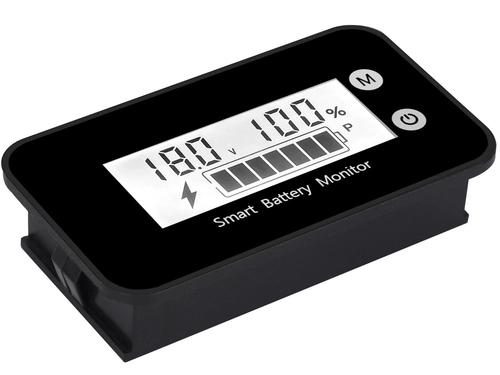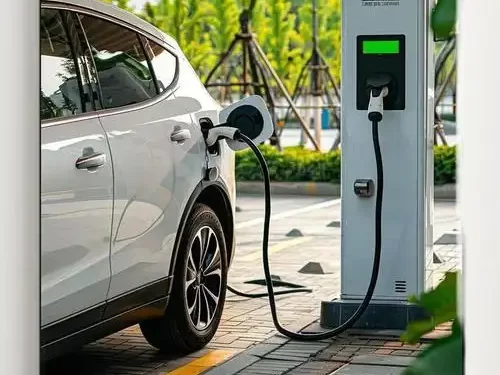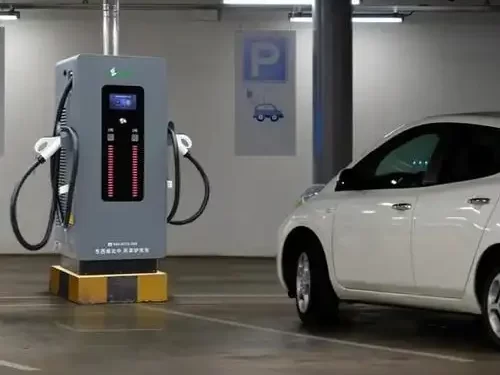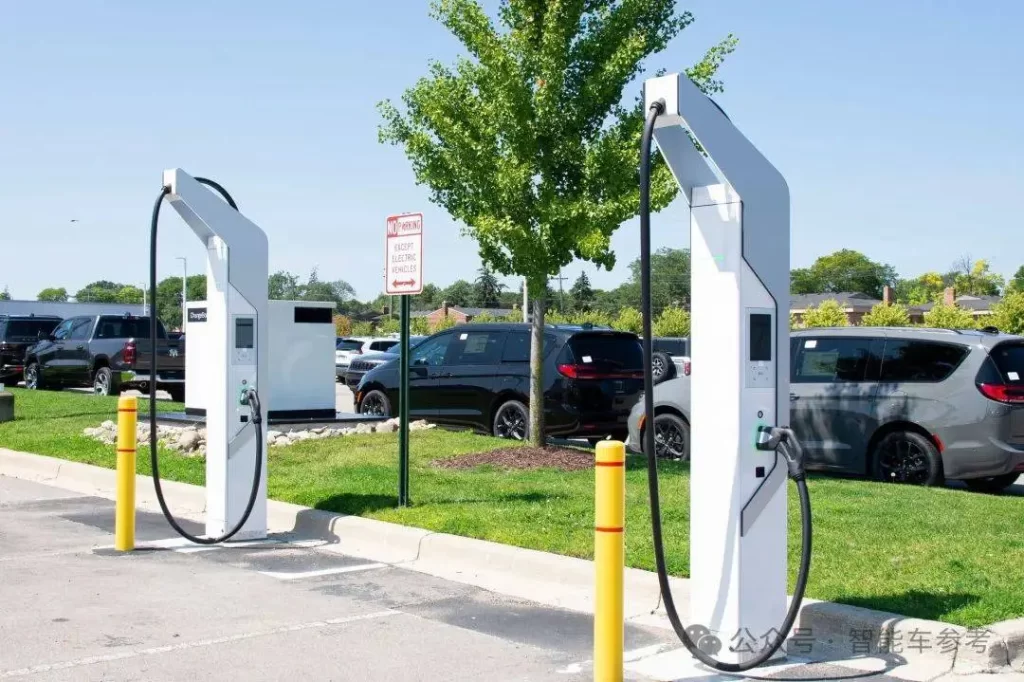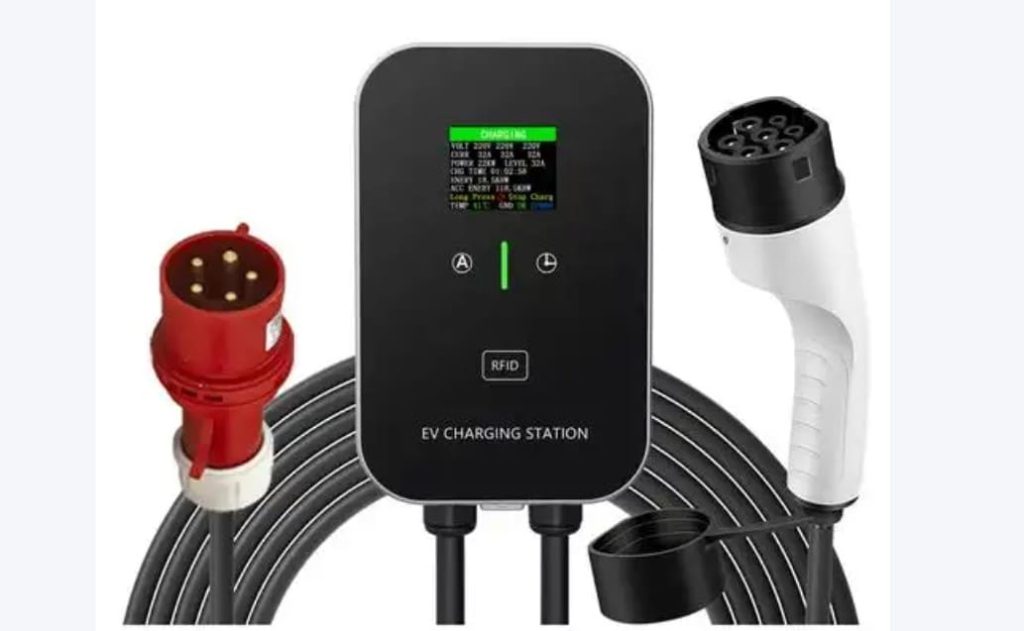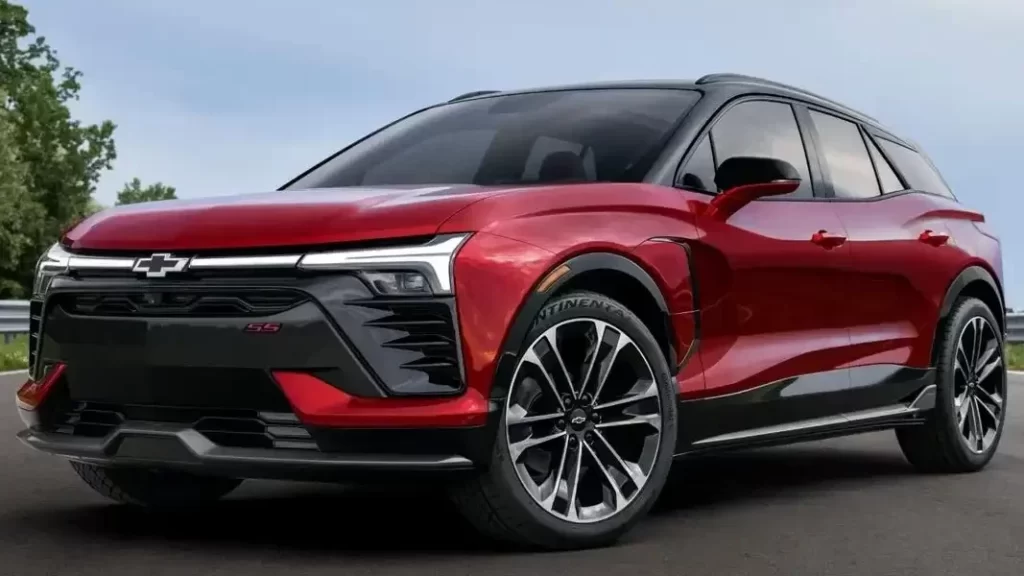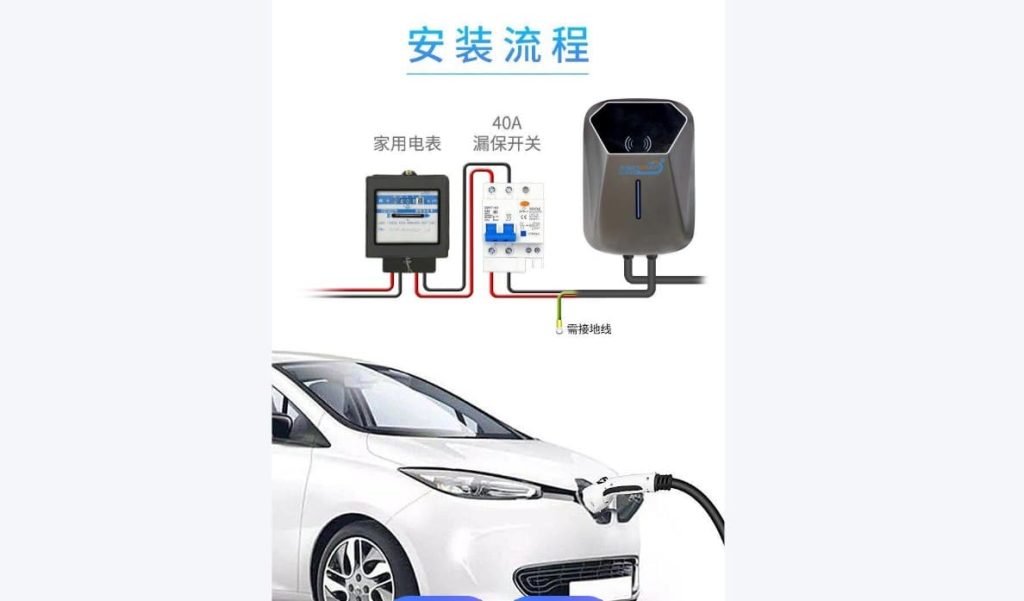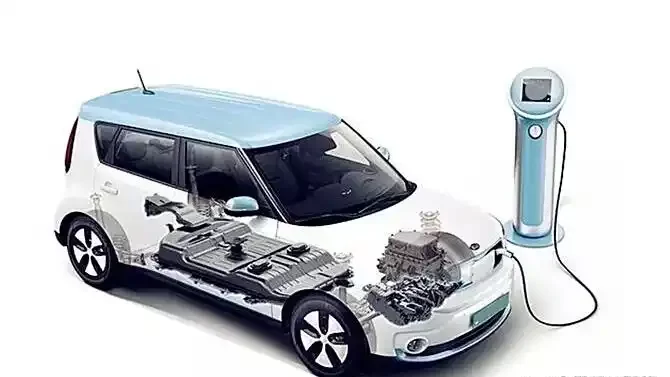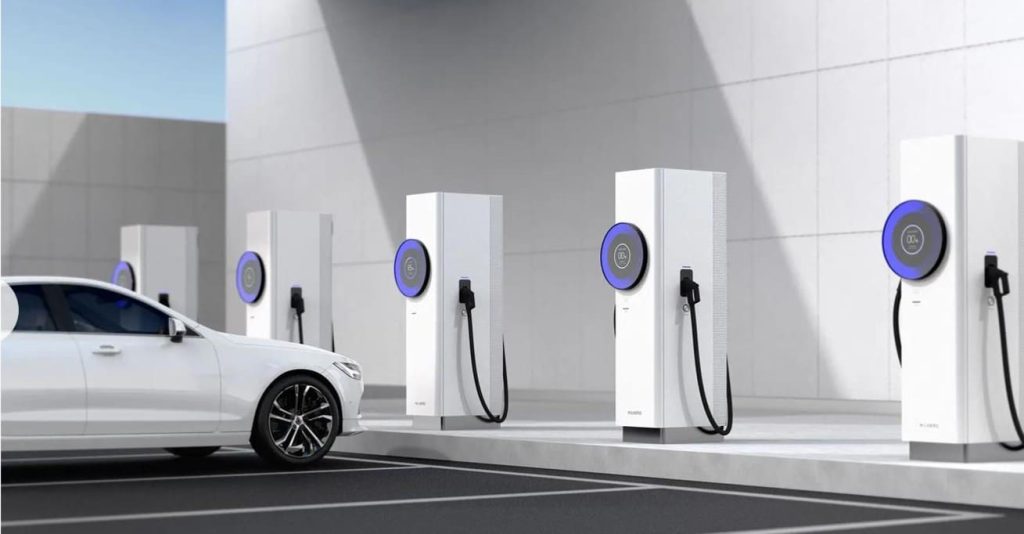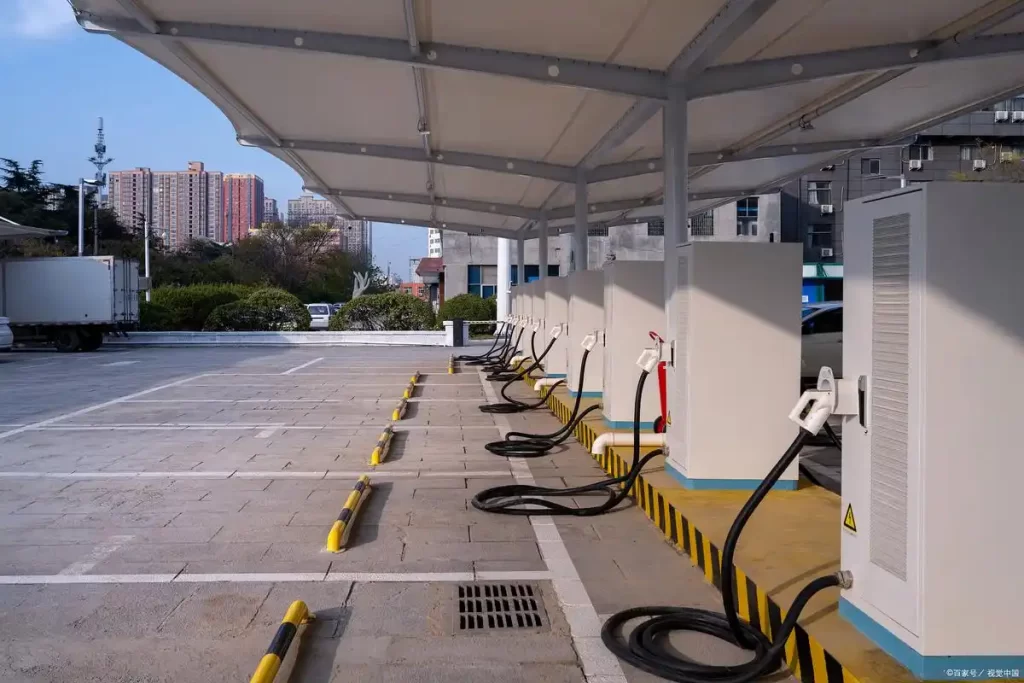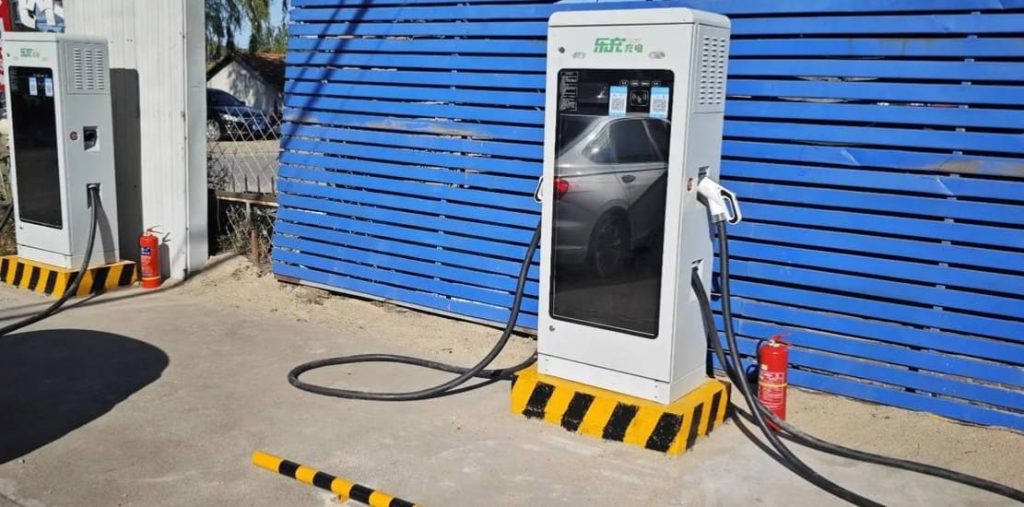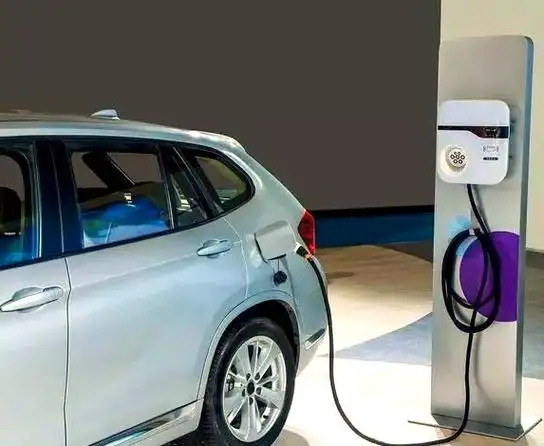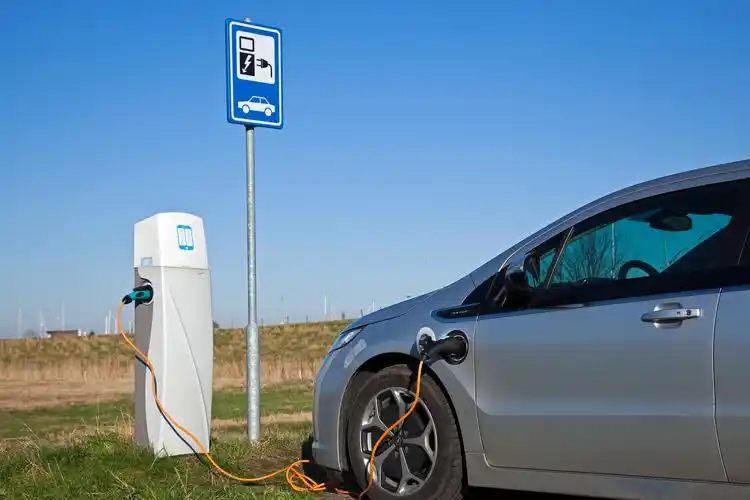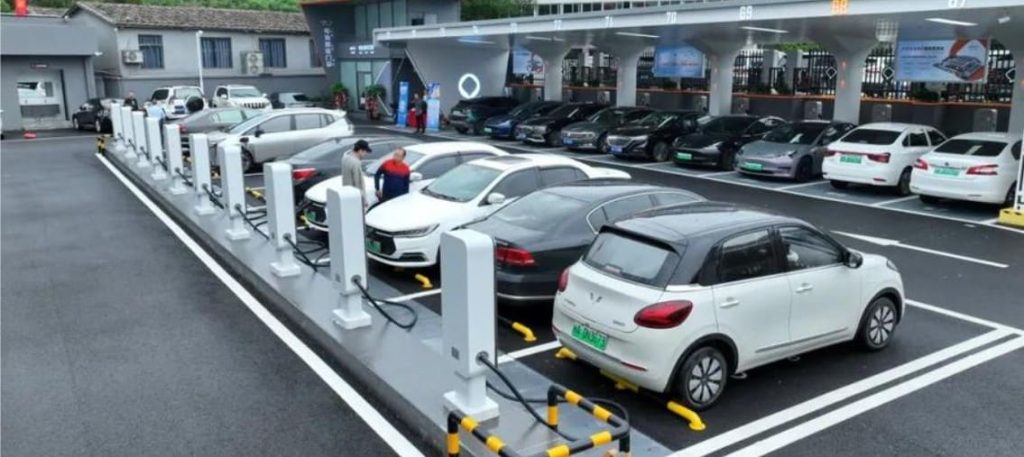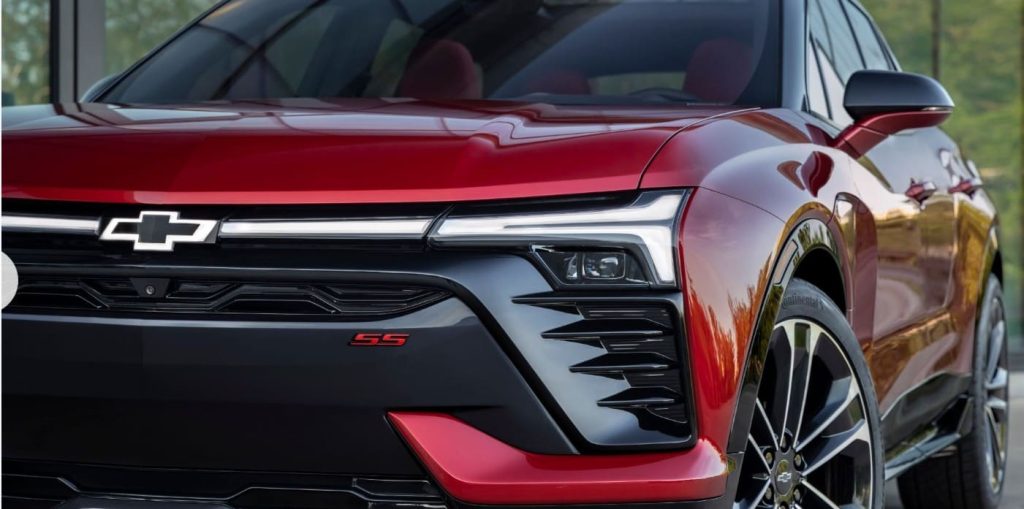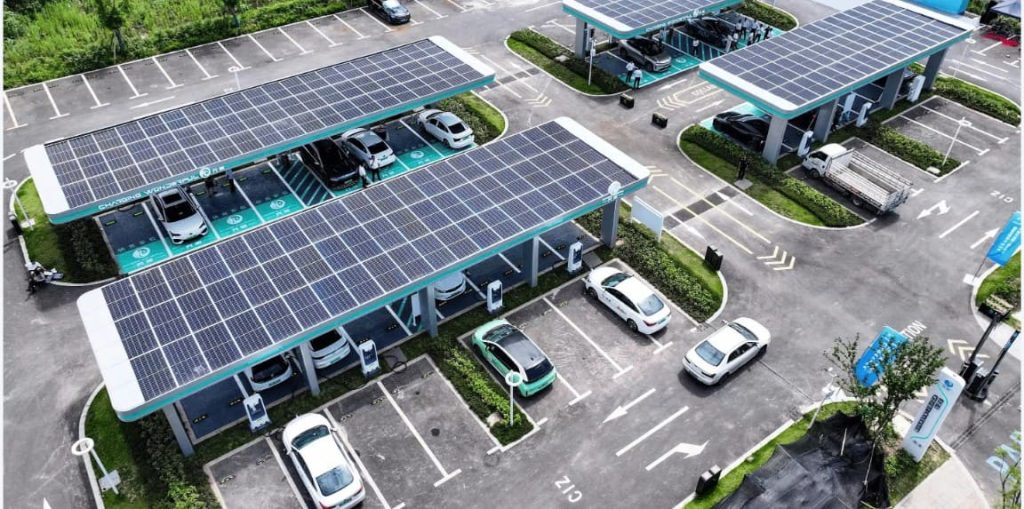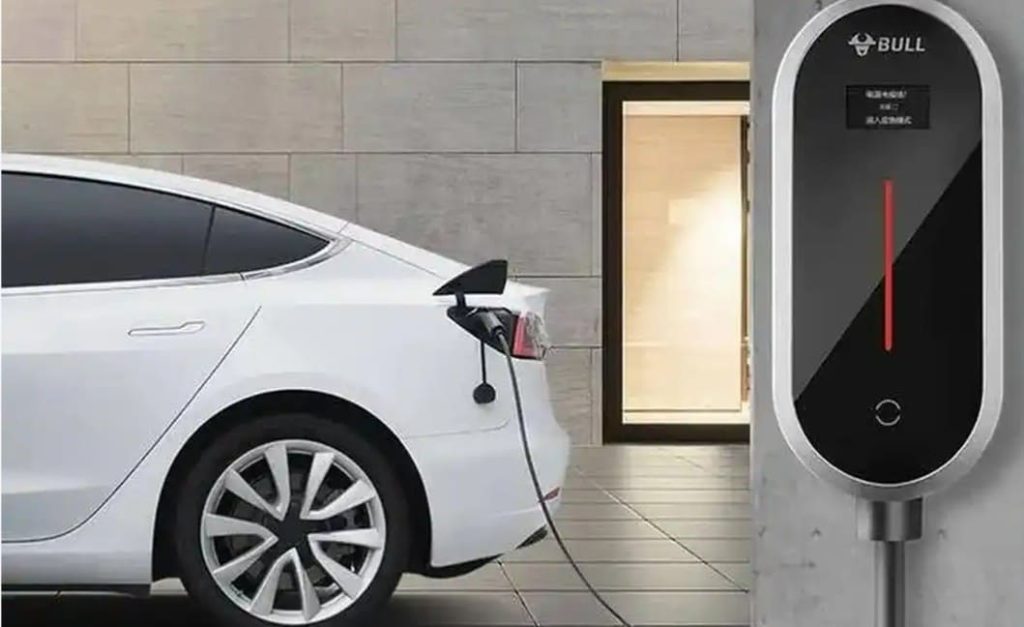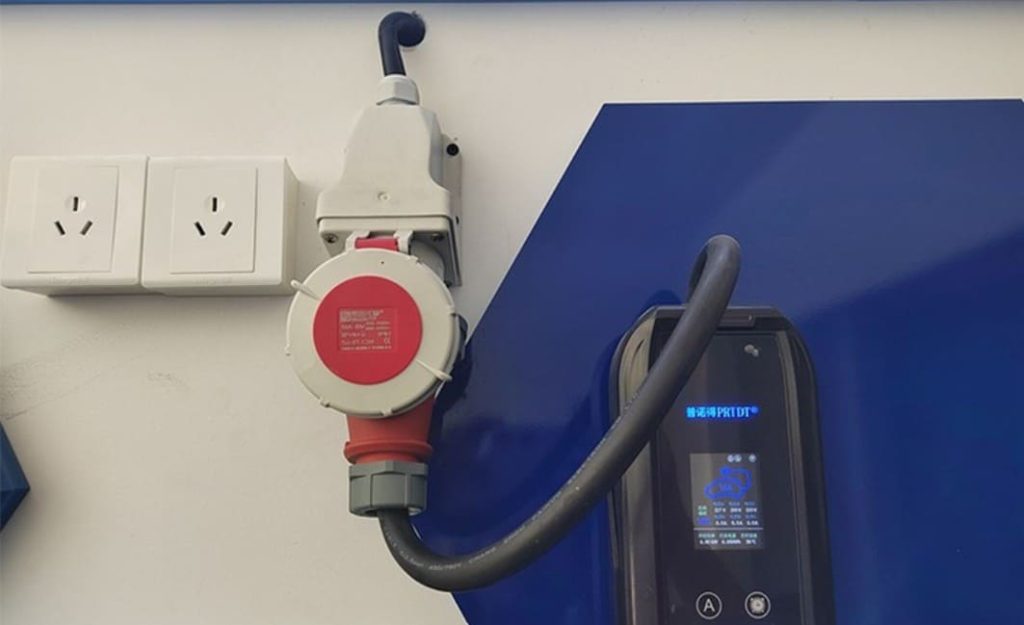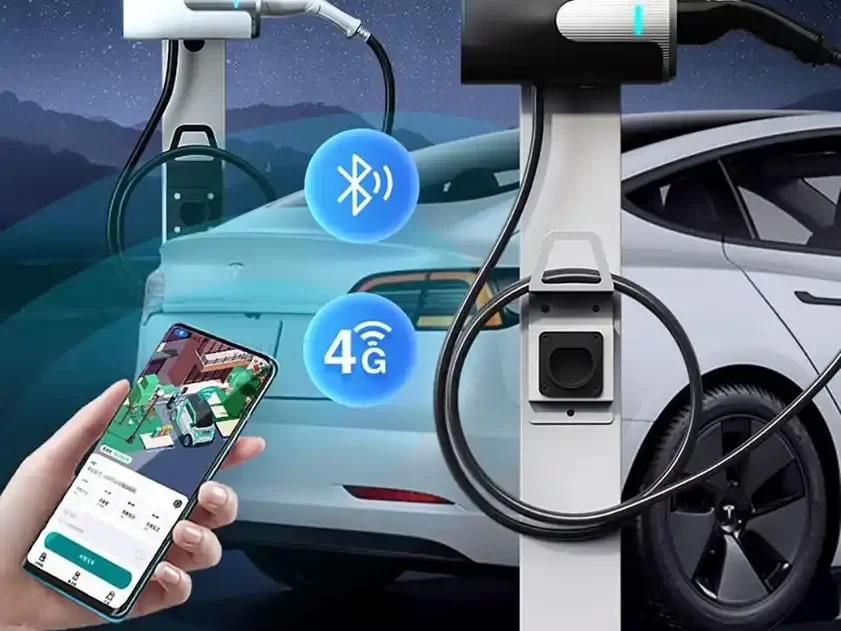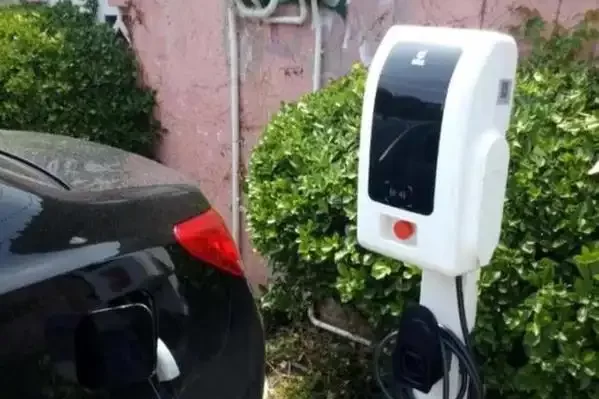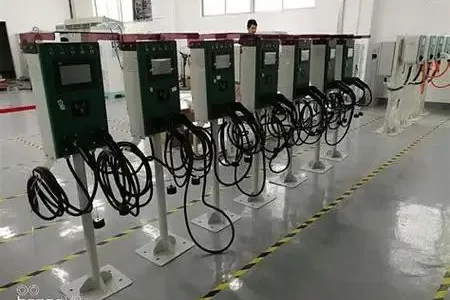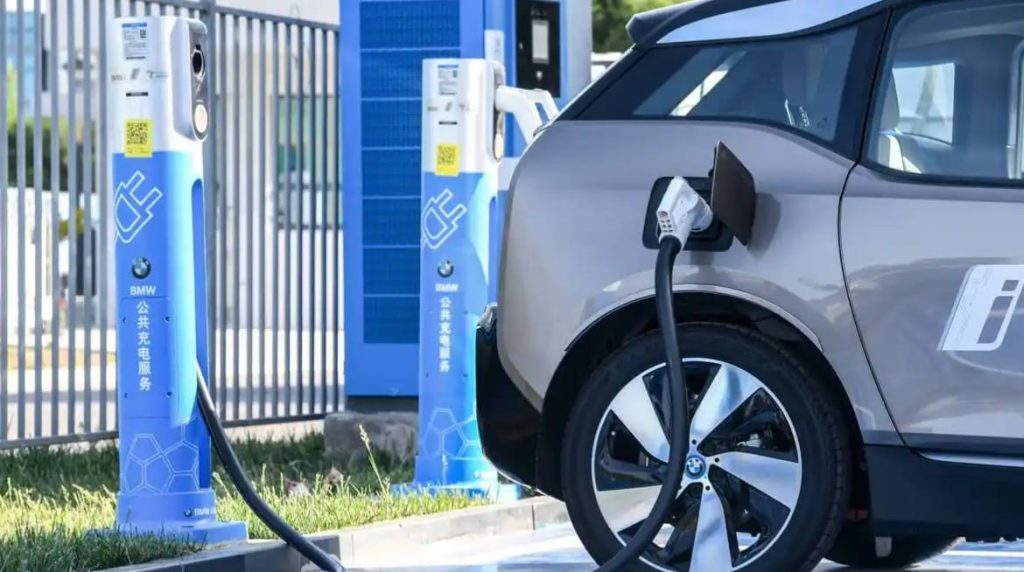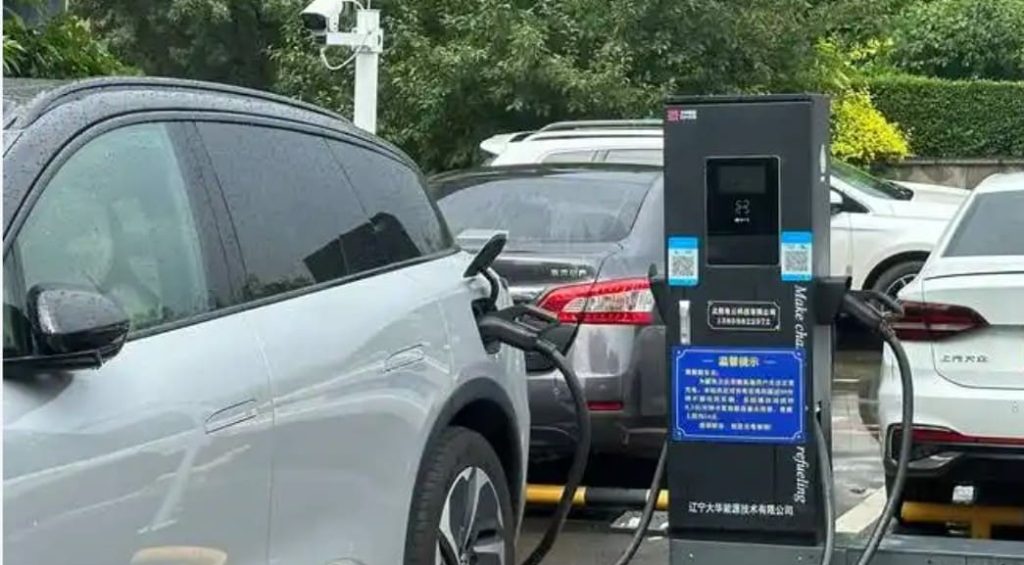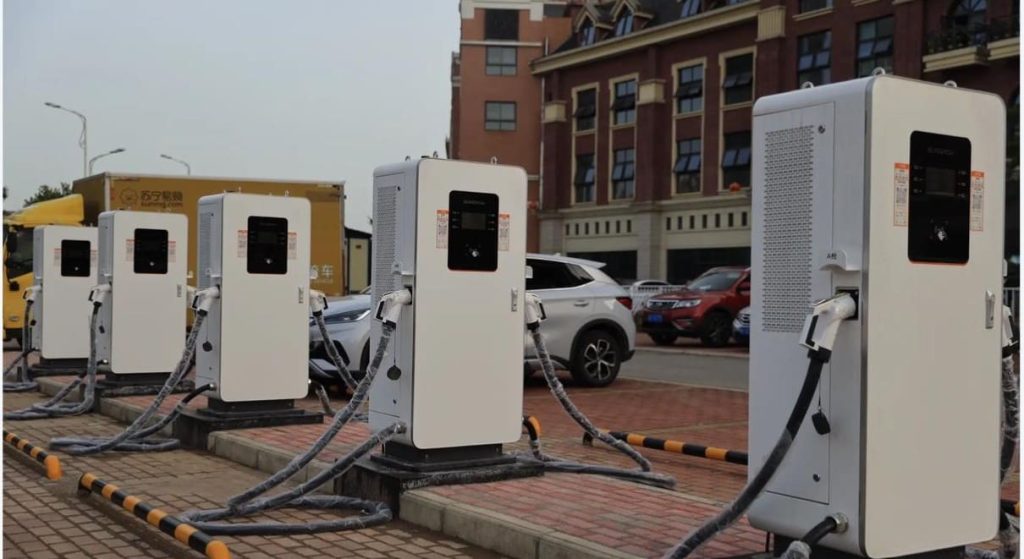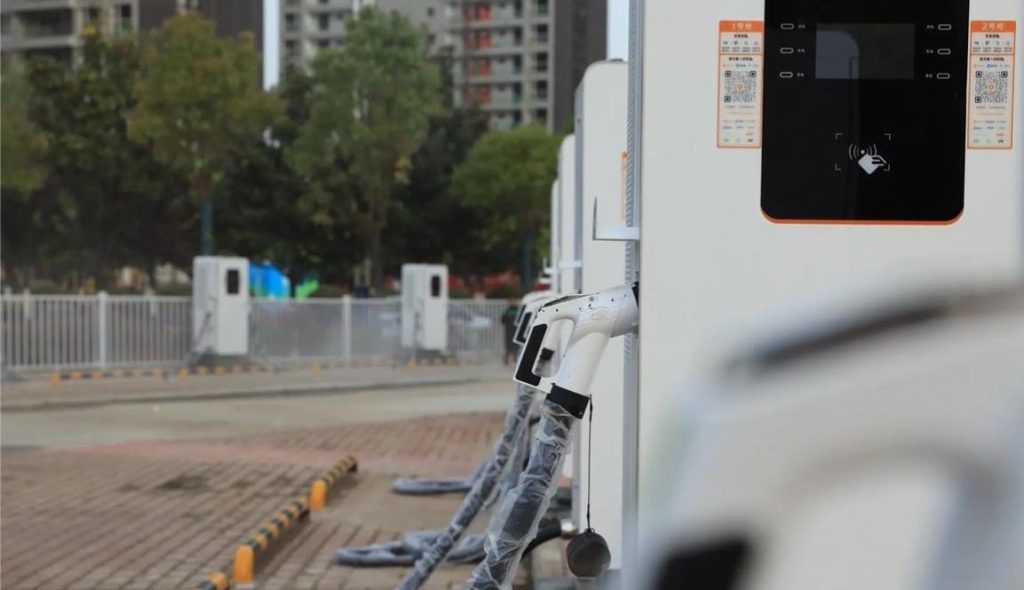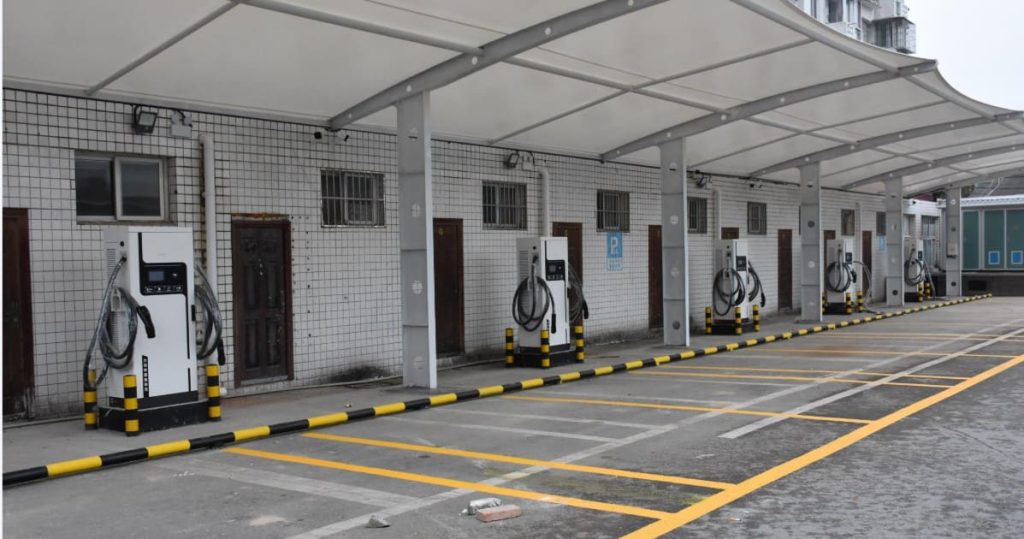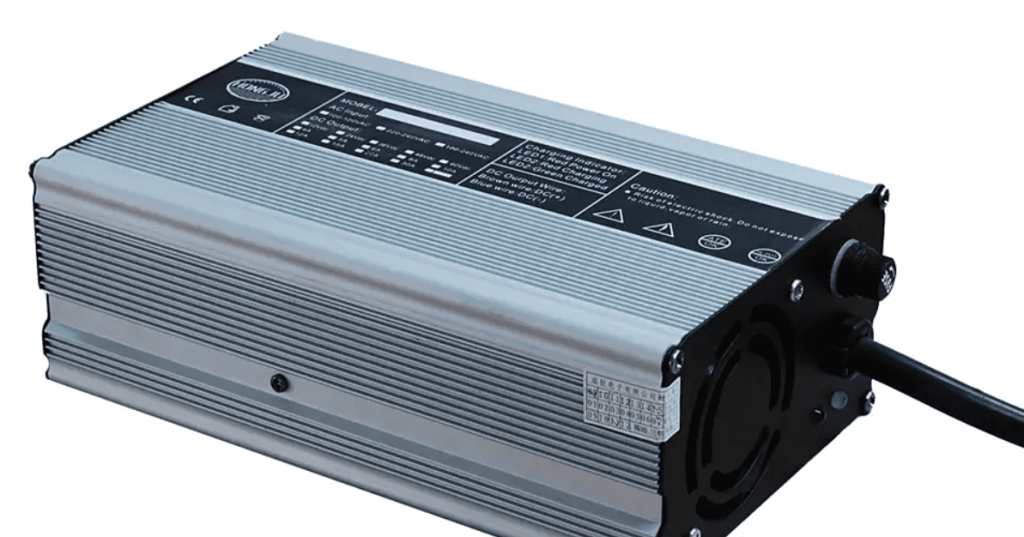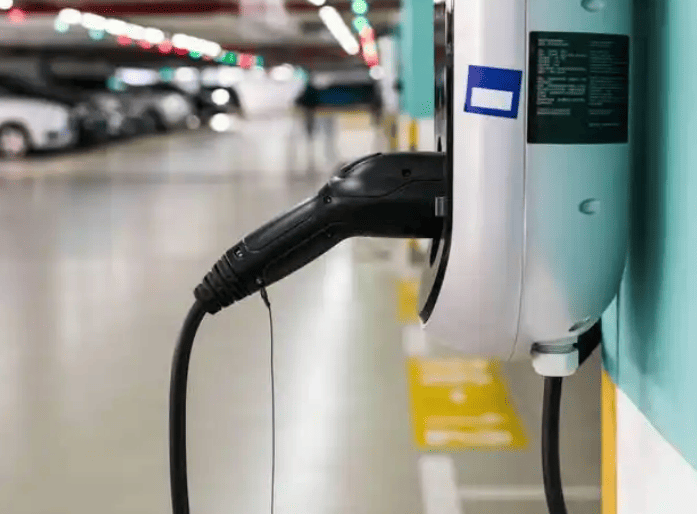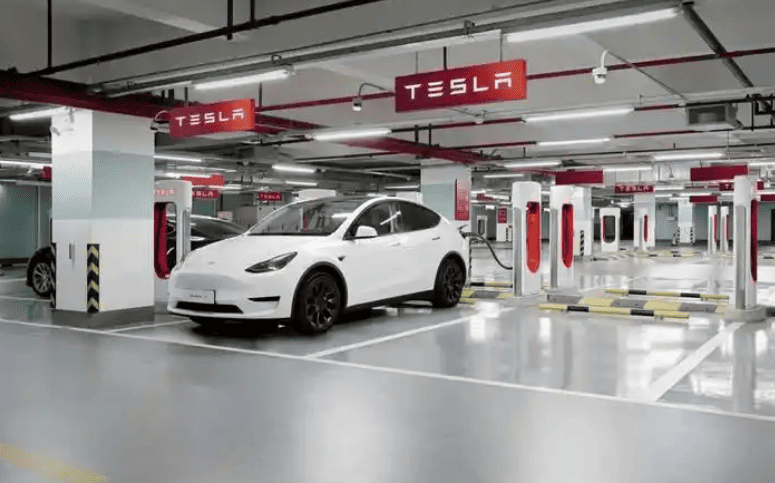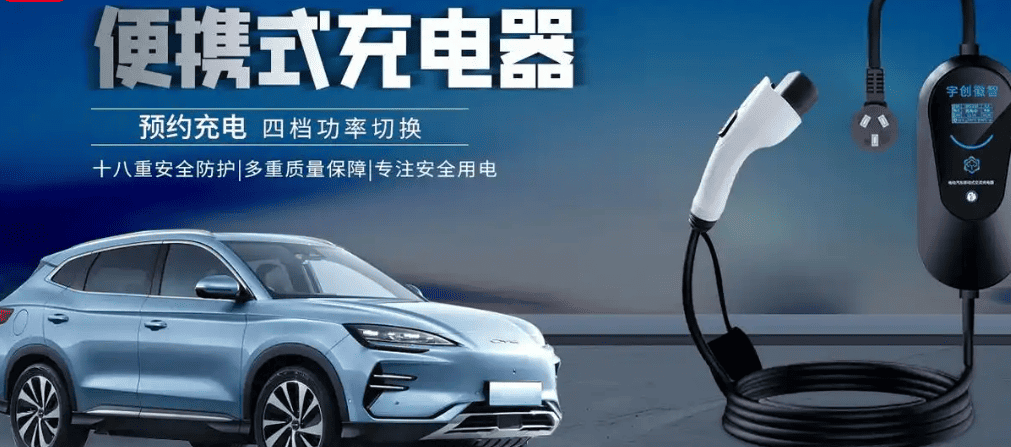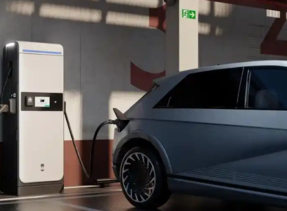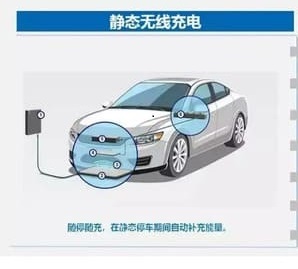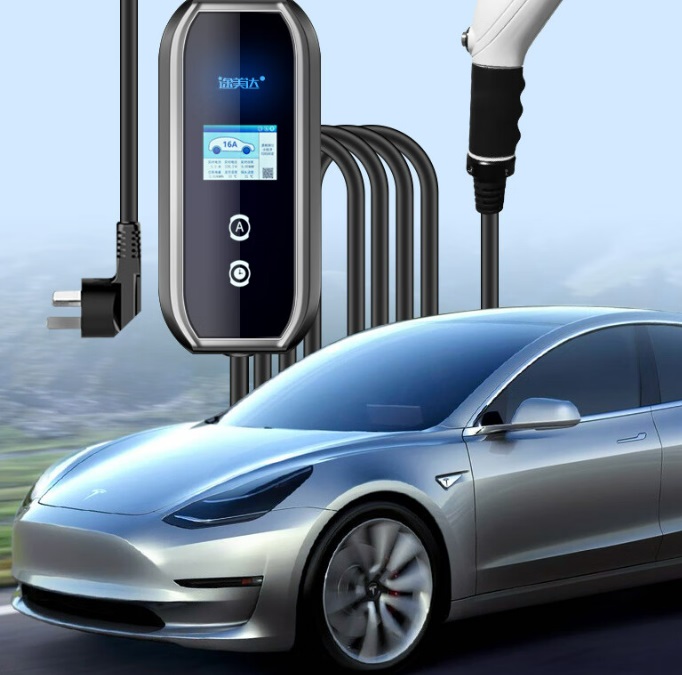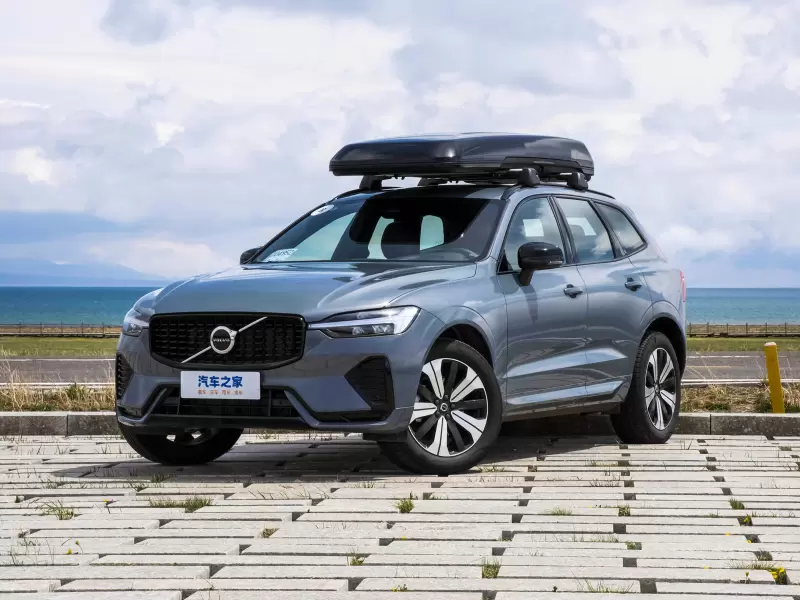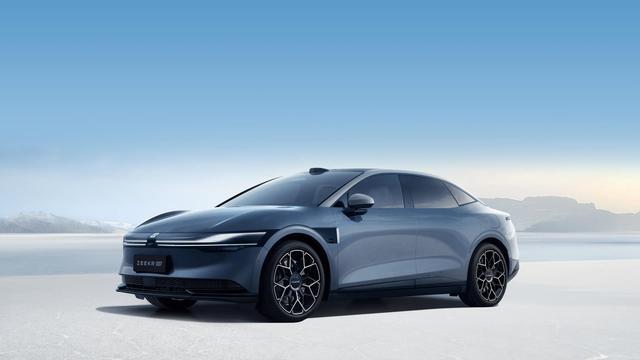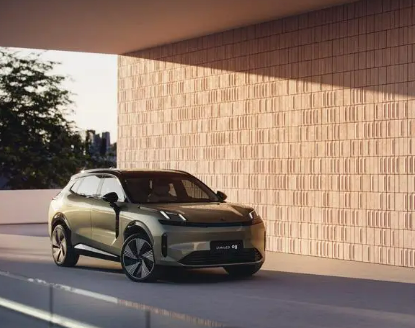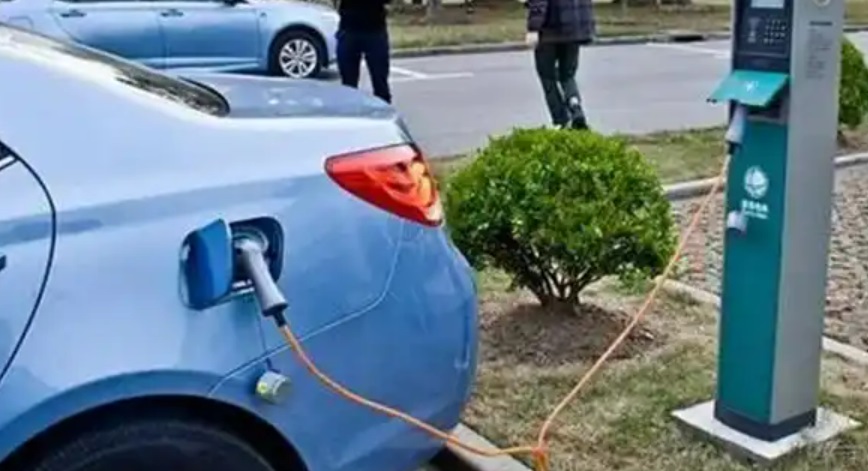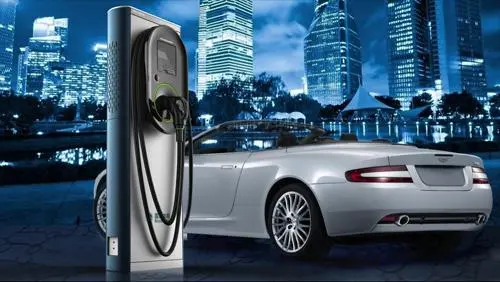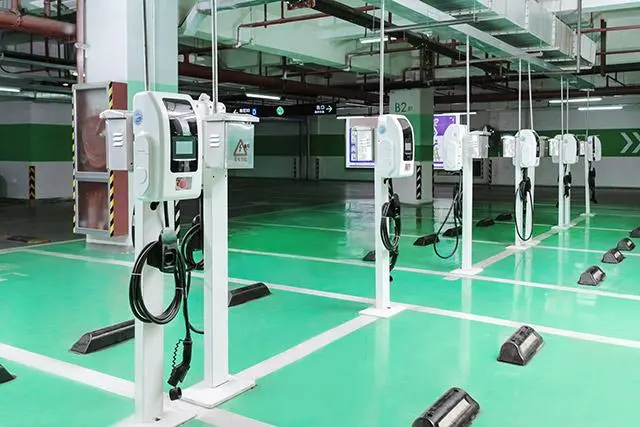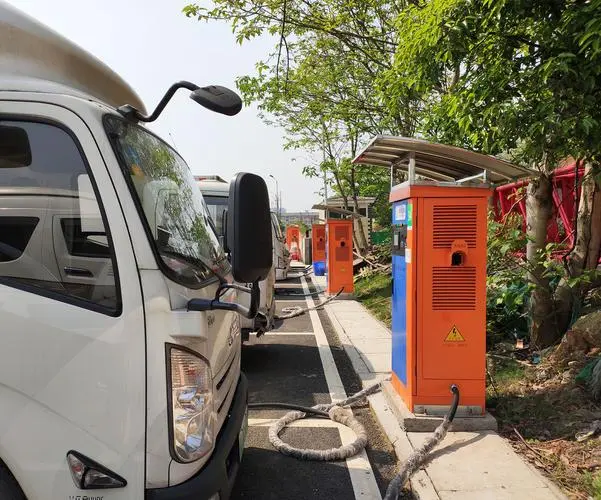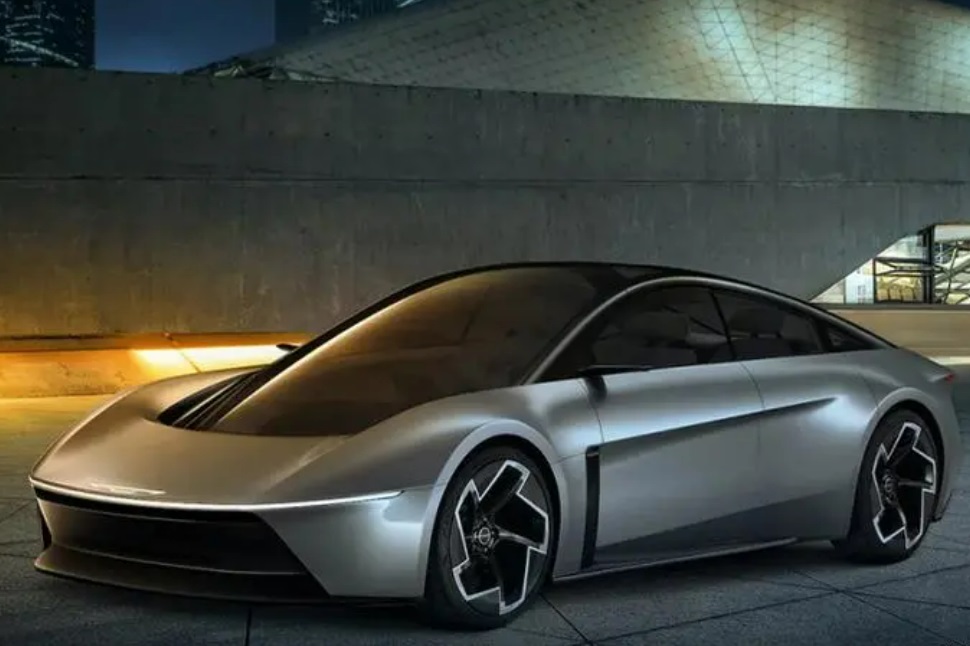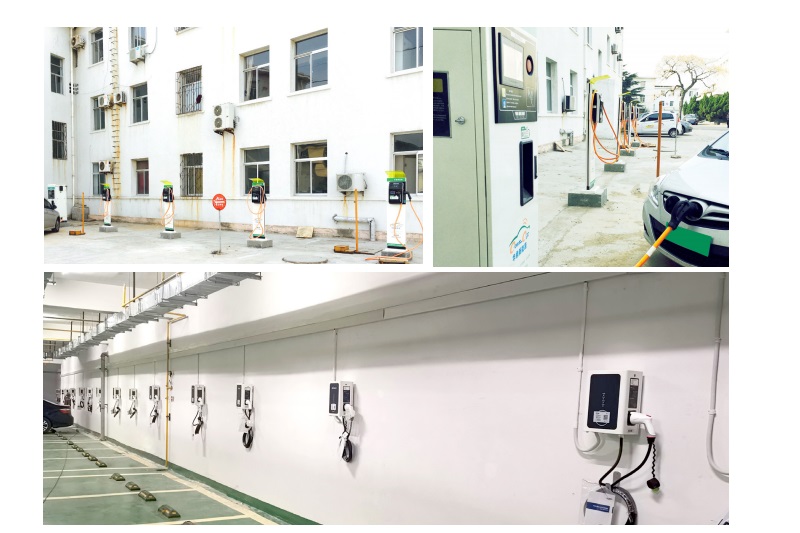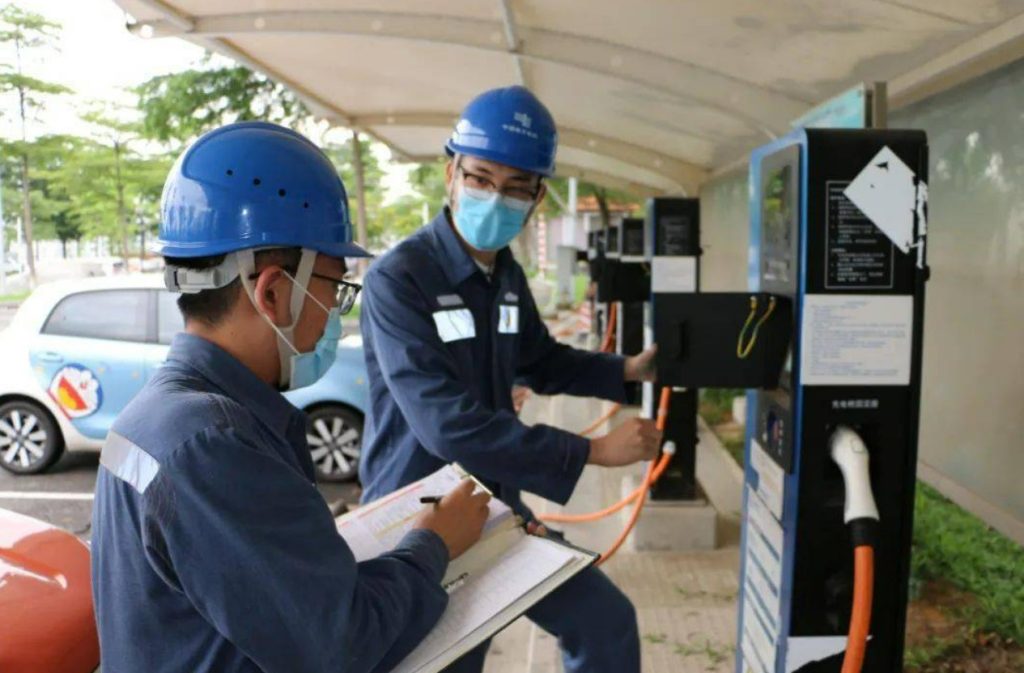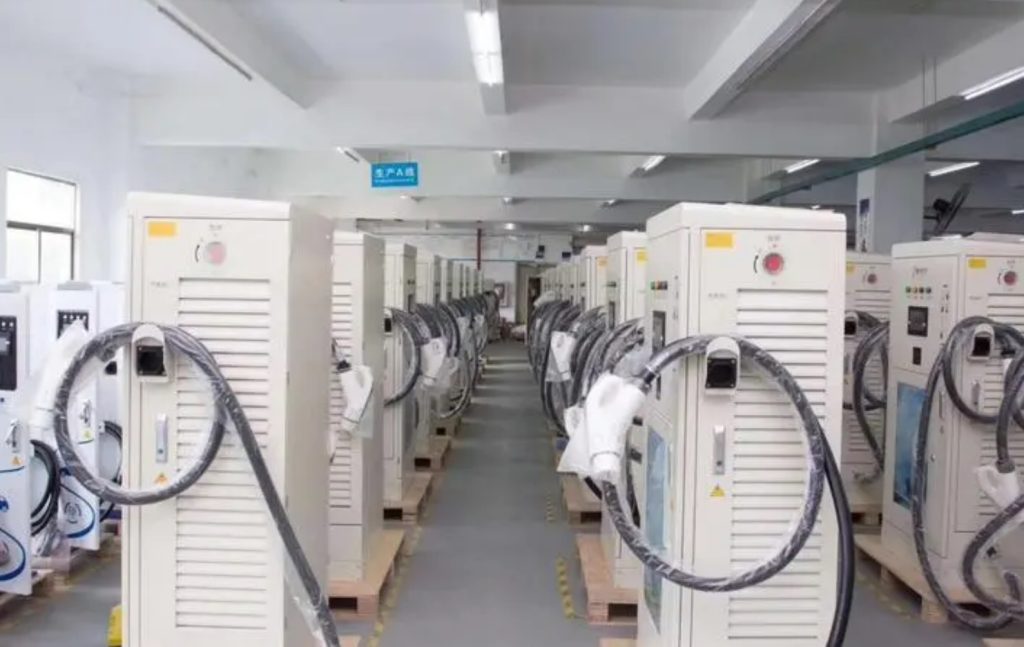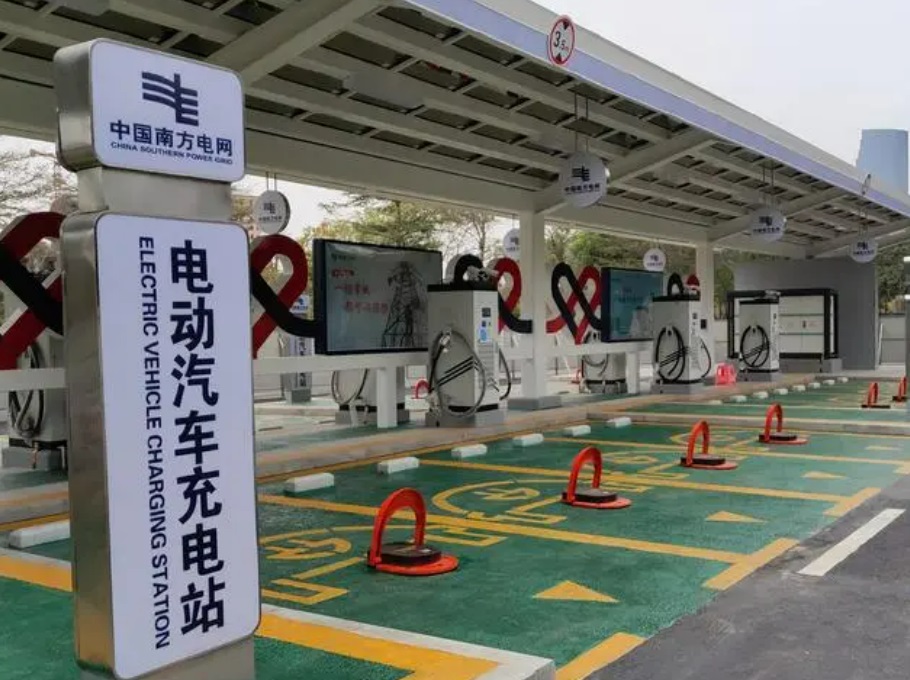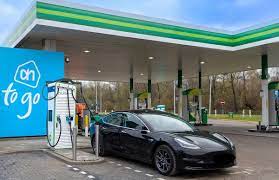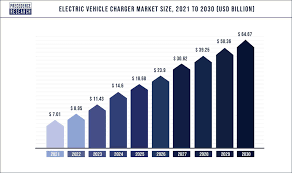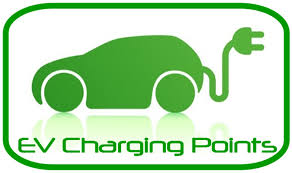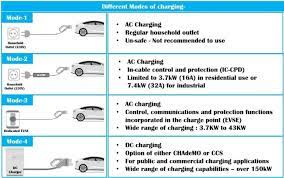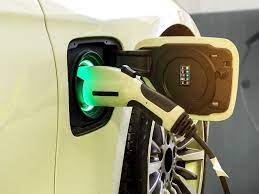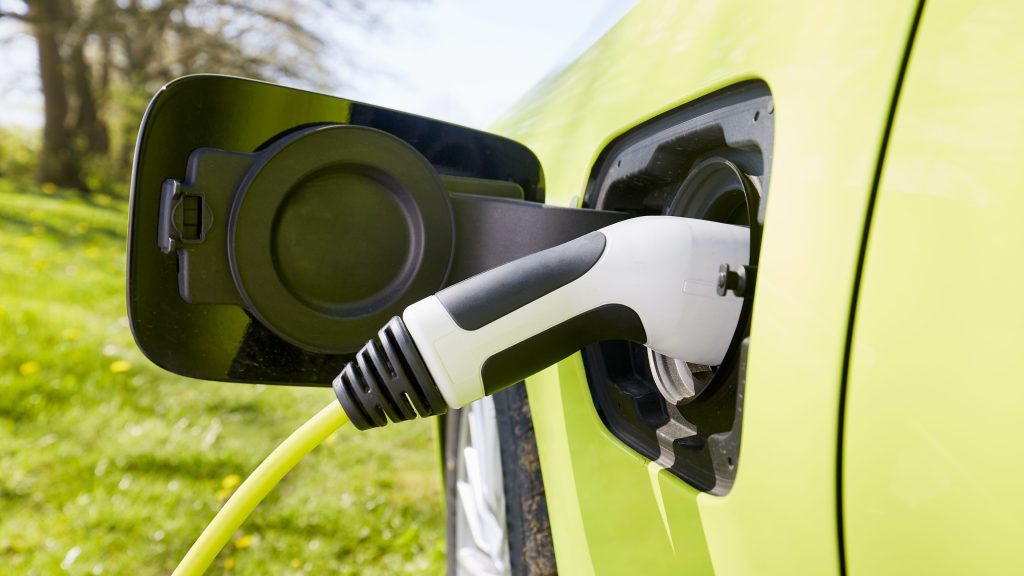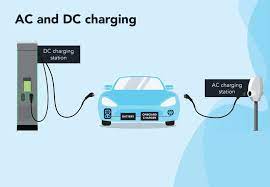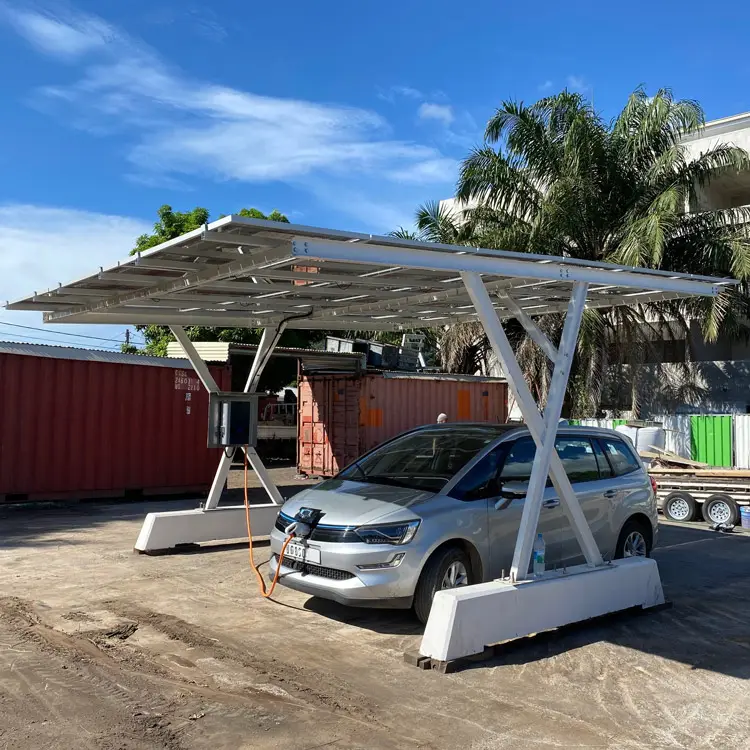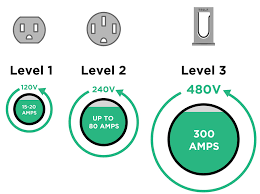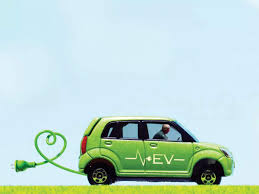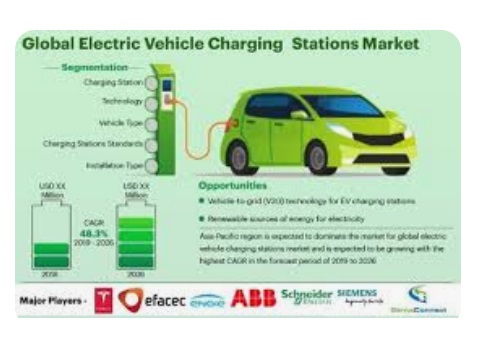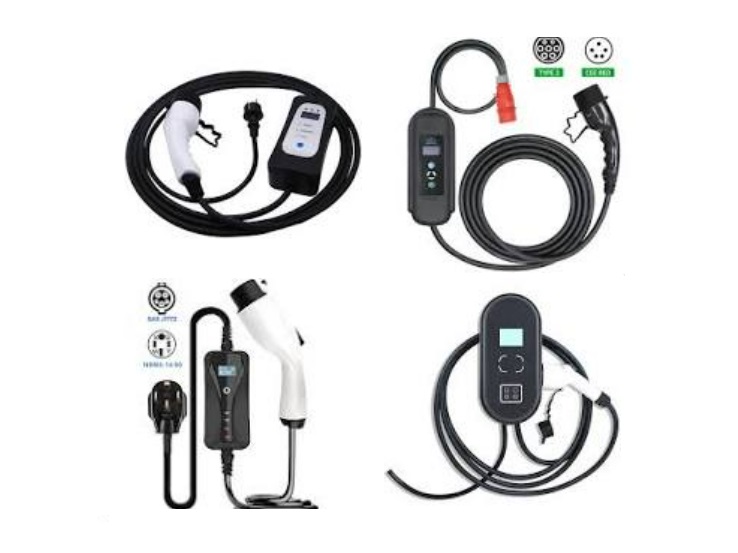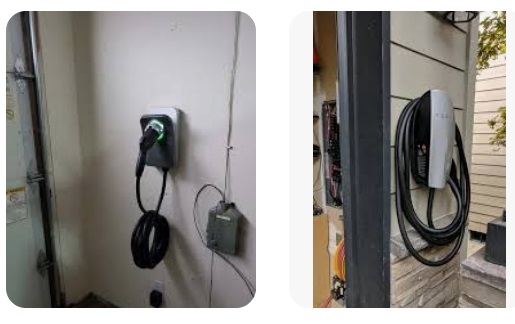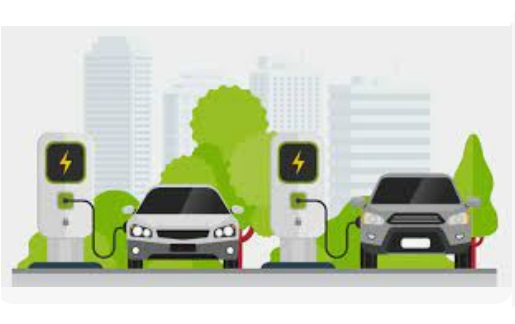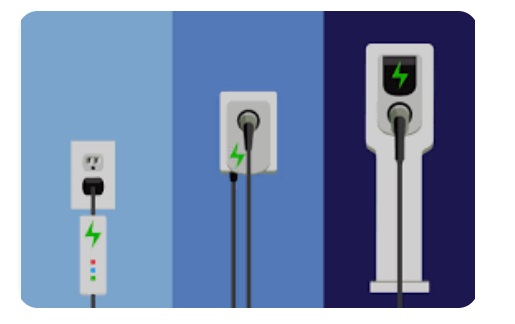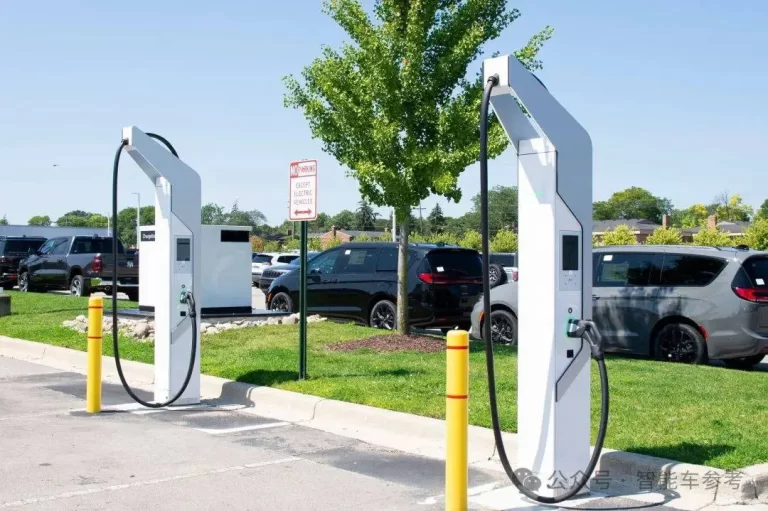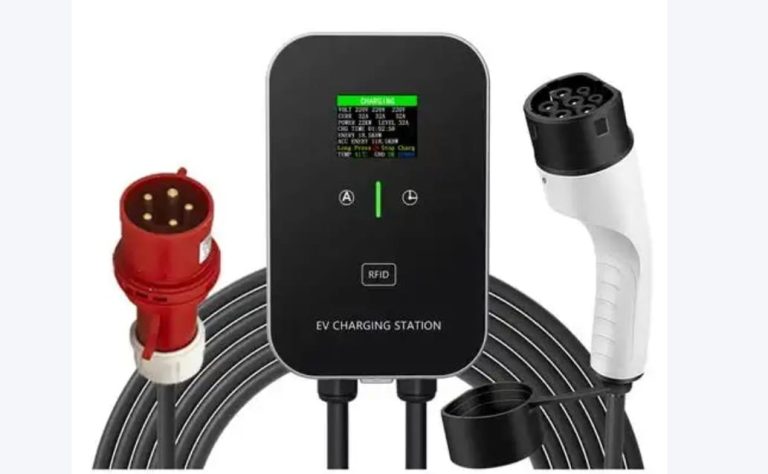How much are electric car charging stations?
How much are electric car charging stations?A Detailed Look

The cost of electric vehicle (EV) charging stations varies significantly depending on the charging method (public vs. home), the time of day you charge, your location, and the specific operator. Public charging points typically cost between 0.7 and 2.5 RMB per kilowatt-hour (kWh), while installing a home charging station involves an upfront investment of roughly 5,000 to 10,000 RMB covering both equipment and installation. Understanding the factors behind these costs is crucial for EV owners to budget effectively and charge economically.
Public charging stations employ complex pricing structures primarily based on time of day. These “time-of-use” tariffs control demand by reflecting the grid’s fluctuating electricity costs. Electricity demand and costs are highest during peak hours, which are usually busy times like late morning (10:00 AM to 12:00 PM) and late afternoon/early evening (2:00 PM to 7:00 PM). As a result, charging is most costly during these hours, typically costing between 1.6 and 1.8 RMB/kWh. This can even go as high as 2.5 RMB/kWh for premium fast-charging services or in commercial areas with high demand. “Standard” or “shoulder” periods (e.g., 8:00 AM to 10:00 AM and 7:00 PM to midnight) apply outside of the busiest times but still during general daytime or evening activity.Charging costs during these times are moderate, usually falling between 1.3 and 1.5 RMB/kWh. The most economical time to charge is undoubtedly during off-peak or “valley” hours, typically overnight when overall electricity demand plummets (e.g., midnight to 8:00 AM). Here, operators often apply a lower base electricity rate (as low as 0.45 RMB/kWh) combined with a standard service fee (around 0.5 RMB/kWh), resulting in total costs potentially as low as 0.95 RMB/kWh. Savvy EV owners can significantly reduce their charging expenses by planning their charging sessions for these overnight periods whenever possible.
Breaking down the cost per kWh at a public station reveals it’s not just paying for electricity. There are typically two major components to the final price you see. The base electricity fee is the first component. This is the real price the operator of the charging station pays the utility company for using grid power. Usually ranging from 0.45 RMB/kWh during the lowest off-peak times to 1.5 RMB/kWh or more during peak periods, this fee varies according to the time-of-use structure and regional electricity prices. The service charge is the second—and frequently largest—component. In order to pay for their operating costs, the charging network operator (such as State Grid, TELD, Star Charge, or Wanma) charges this fee.These expenses include the significant cost of purchasing, installing, and maintaining the charging equipment itself, the development and upkeep of the network software and mobile apps used to locate and pay for charging, customer support services, and generating a profit. Service fees can vary widely depending on the operator and location, often adding between 0.5 RMB/kWh and 1.36 RMB/kWh to the base electricity cost. In some locations, particularly urban centers or parking garages, there might be a third cost layer: parking fees. Even if you’re only charging for 30 minutes, you might be required to pay the standard parking rate for that location. This can add a significant fixed cost per charging session, making seemingly cheaper per-kWh rates less economical overall if the parking fee is high. It’s essential to check the parking fee policy before plugging in.
For daily convenience and often lower long-term costs, many EV owners opt to install a charging station at home. But there is a one-time cost involved. The charging apparatus, sometimes referred to as an Electric Vehicle Supply Equipment (EVSE) unit or just a “charger,” is the primary expense. A typical EV battery can be recharged overnight with Level 2 AC chargers with power ratings of 7kW or 11kW, which are adequate for the great majority of home users. With prices ranging from 500 RMB to 2,500 RMB, depending on the brand, features (such as Wi-Fi connectivity or smart charging capabilities), and power rating, these slower AC units are reasonably priced. Although DC fast chargers (20kW and above) are technically feasible for homes, their cost and power requirements make them primarily found in commercial and public settings. They are also much more expensive (10,000 RMB to 100,000 RMB+) and require significant electrical upgrades.Beyond the charger unit itself, installation costs are a major factor. This includes the labor charges for a certified electrician, the cost of wiring (cables and conduits), a dedicated circuit breaker in your home’s electrical panel, and potentially permits from local authorities. Basic installation for a charger near the electrical panel might cost 2,000 to 3,000 RMB. However, costs rise significantly if the installation site is far from the panel, as longer cable runs (especially high-quality, thick-gauge cables needed for safety) add expense – typically 50 to 80 RMB per meter for cable runs exceeding 30 meters. Complex installations requiring trenching (burying cables outdoors) or upgrading the home’s main electrical service to handle the added load (e.g., from 60A to 100A or 200A) can push costs much higher. Therefore, the total out-of-pocket cost for purchasing the home charger unit and having it professionally installed typically ranges from 5,000 RMB to 10,000 RMB, though complex scenarios can exceed this.
Numerous factors influence the final price you pay to charge your EV, creating substantial variation. One of the main drivers is geographic location. In densely populated Tier 1 cities like Beijing, Shanghai, Guangzhou, and Shenzhen, operating costs are typically significantly higher than in smaller cities or rural areas. This is especially true of real estate (land or parking space rental), labor, and local electricity rates. Higher service fees and occasionally higher base electricity costs at public chargers are the direct results of this. In Shenzhen, for instance, fast charging could cost 1.5 RMB/kWh plus an extra 2 RMB per session. The charging tactics used by various operators are also very important. Although the grid’s time-of-use electricity pricing applies to all operators, they have discretion over how aggressively they apply peak/off-peak differentials and how much they charge for services.Some operators heavily promote off-peak charging with deeply discounted rates (as low as 0.66 RMB/kWh all-in overnight), while others might have smaller spreads between peak and off-peak pricing. The type of charging station significantly impacts speed and cost. Standard AC charging (slow charging) is generally cheaper per session but takes many hours. DC fast charging (DCFC) and especially ultra-fast charging replenish the battery much quicker – often in 30 minutes or less – but command a significant price premium due to the vastly more expensive equipment, higher power demand costs, and the convenience factor. As highlighted earlier, charging during peak electricity demand periods results in the highest costs, while off-peak charging offers substantial savings. Finally, the specific charging network operator matters. Different companies (State Grid, TELD, Star Charge, Wanma, Tesla Supercharger, NIO Power) have varying business models, cost structures, and target markets, leading to different pricing strategies even for similar charger types in the same area. For instance, Tesla Superchargers, often located in premium spots, tend to be at the higher end of the spectrum (e.g., 4.2 RMB/kWh in Shanghai), while State Grid rates might be more moderate, and operators like Star Charge might offer competitive off-peak deals.
In conclusion, the question of “how much” EV charging costs cannot be answered in a single way. Although public charging provides flexibility, there are variable costs per kWh that are greatly influenced by time, location, and operator. These costs typically range from 0.7 RMB to 2.5 RMB/kWh, plus possible parking fees. Although home charging comes with a hefty upfront cost (5,000–10,000 RMB), it offers unmatched convenience and typically lowers long-term energy costs, particularly when used in conjunction with off-peak home electricity rates.For EV owners, understanding these cost structures – the impact of time-of-use pricing, service fees, regional variations, and the home vs. public trade-off – is essential for making informed decisions that minimize charging expenses and maximize the ownership experience. Planning charging sessions for off-peak hours, comparing operator rates in your area, and considering the long-term savings of a home charger are key strategies for economical EV operation.



